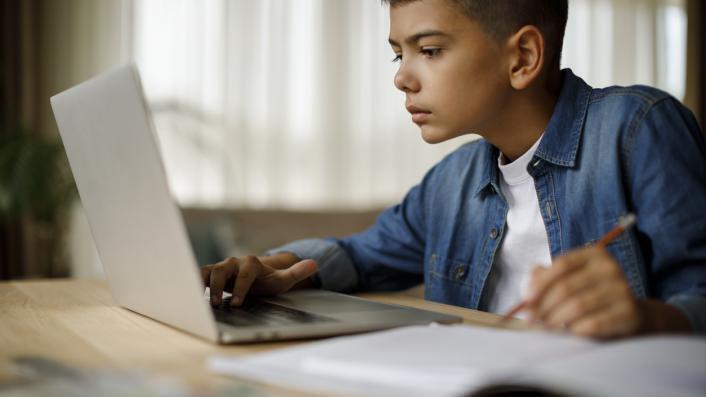
Planting tree for every sold Bernhard H. Mayer’s eco-friendly OMNI Watch
Bernhard H. Mayer, QNET’s esteemed luxury brand, has pledged to plant a tree for every ...

UNESCO has launched a communication campaign in Tanzania to counter misinformation about the coronavirus (COVID-19) and promote distance learning under the lockdown.
The campaign was spearheaded in reinforcement to the United Nations (UN) and national efforts against the corona virus in partnership with @ElimikaWikiendi, a popular Kiswahili online social media platform in Tanzania and Eastern Africa for public education in development.
UNESCO outreach and interventions aim to support solidarity, counter misinformation, hate speech and myths, tackle racism, promote resources for education and distance learning, protection of journalists, and support quality, gender responsive and accurate programming by media, particularly the community radios.
In preventing the spread of the pandemic, access to quality, gender responsive and accurate information is key to dispel myths, curb the spread of fear and ensure that the public has the facts to keep themselves and others safe from acquiring and/or spreading the disease.
Media can also play a key role in curtailing hate speech and racism in this time. In Tanzania, reports from foreigners have shown experiences of name-calling on the streets and the general fear of contracting the disease from foreigners is noticeable. Public information on health and sanitation is imperative at this time, particularly to rural and hard to reach communities mainly reached by community radios, which UNESCO supports.
On 17 March, the government banned all public gatherings and closed schools from pre-school to tertiary level. UNESCO experience and expertise in convening stakeholders and resources in online and distance education is extremely relevant at this time. Resources for education are relevant to teachers/ guardians/instructors on developing and conducting online learning sessions for students at all levels to ensure that learning does not stop. In immediate response to this, UNESCO has updated an online guide with links to distance apps and other resources for supplementary learning accessible on https://en.unesco.org/themes/education-emergencies/coronavirus-school-closures/solutions.
Free access to UNESCO resources for actions to support media, enhance access to information and leverage digital technologies in the fight against the corona pandemic are also available on https://en.unesco.org/themes/communication-and-information/covid19-informationsharing-counteringdisinformation/resource-center.
Policymakers, media and the public also have free access to global and national news updates on emerging trends related to COVID19.through an online monitoring platform developed by UNESCO and the International Research Center on Artificial Intelligence on http://coronaviruswatch.ircai.org/.
Tanzania is among the 13 high-risk countries for COVID-19 as classified by WHO AFRO. This communications plan fulfils the requirement for a robust and multi-sector preparedness and response plan to ensure readiness and agency-led action for any outbreak. In all outreach and interventions, content, programming and broadcasting adequately incorporate and address considerations for gender and human rights unique to this crisis.
Bernhard H. Mayer, QNET’s esteemed luxury brand, has pledged to plant a tree for every ...
The fifth annual summit of Startups Without Borders, which will take place on May 10-11 ...
The United Nations Development Program (UNDP) and the British University in Egypt (BUE) signed a ...


اترك تعليقا